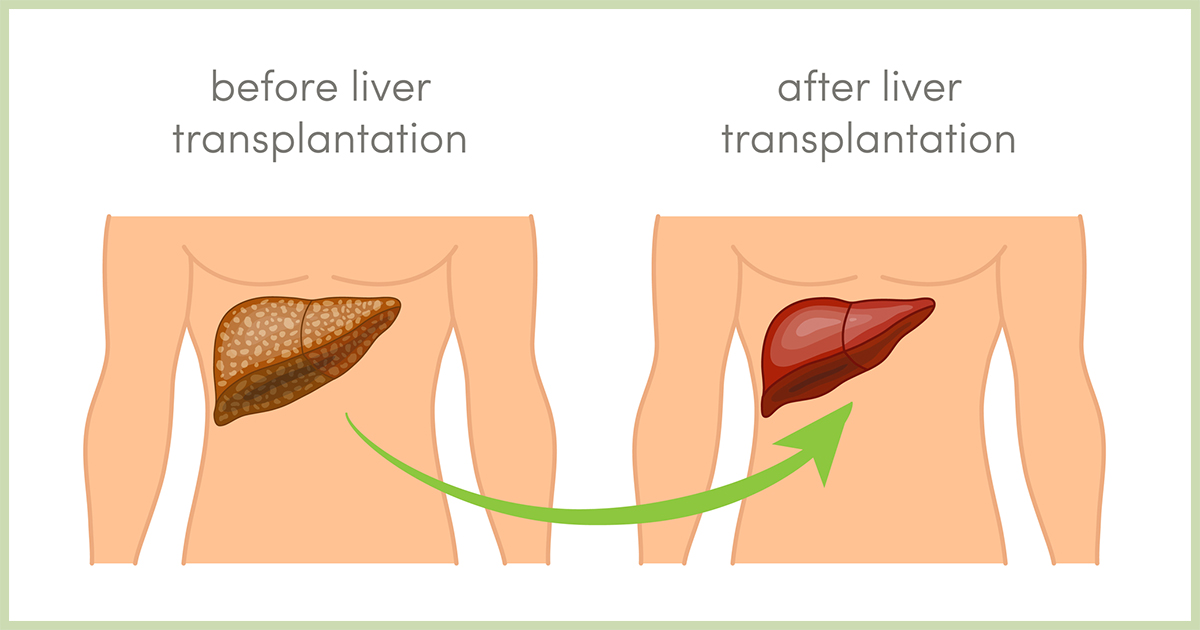What Is Autoimmune Hepatitis & Why Is It So Serious?
How To Treat It

Regardless of the type of autoimmune hepatitis an individual has, the predominant goal of treatment is to slow or completely stop the immune system from attacking the liver. Treatment can help slow the disease's progression through the use of medications that decrease the immune system's activity. Generally, treatment with prednisone is used initially, and doctors can use azathioprine in addition to prednisone. When medications do not work effectively to halt the progress of the disease or the patient develops irreversible scarring of the liver known as cirrhosis, or even liver failure, the only remaining option is a liver transplant.
Liver Transplant Recovery

Patients who do not respond to drugs that may help their autoimmune hepatitis or who have a great deal of scarring in their liver can opt for a liver transplant. A liver transplant is also a solution when the disease starts to cause the liver to fail. The patient's diseased liver is replaced with a healthy one donated from a corpse. They can also have part of a healthy liver from a living person, as the liver is the only organ in the body that can regenerate itself.
Liver transplant recovery begins in the intensive care unit of the hospital, where the patient is kept for about two days. After this, they are kept in the regular hospital unit for about week to ten days before they are discharged. Full recovery takes about three months. Most patients make a good recovery, but it is still possible for the disease to strike the transplanted liver.
